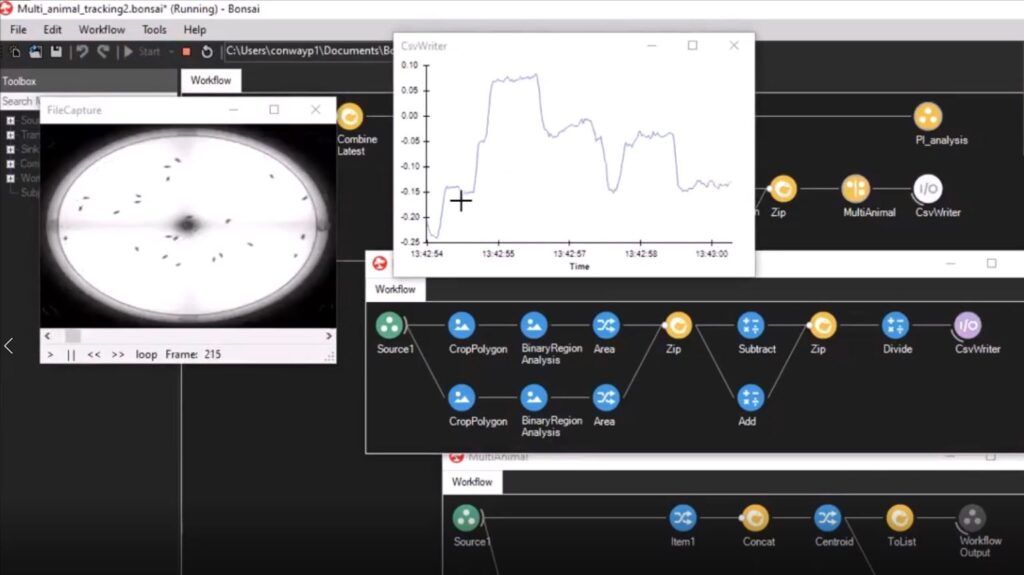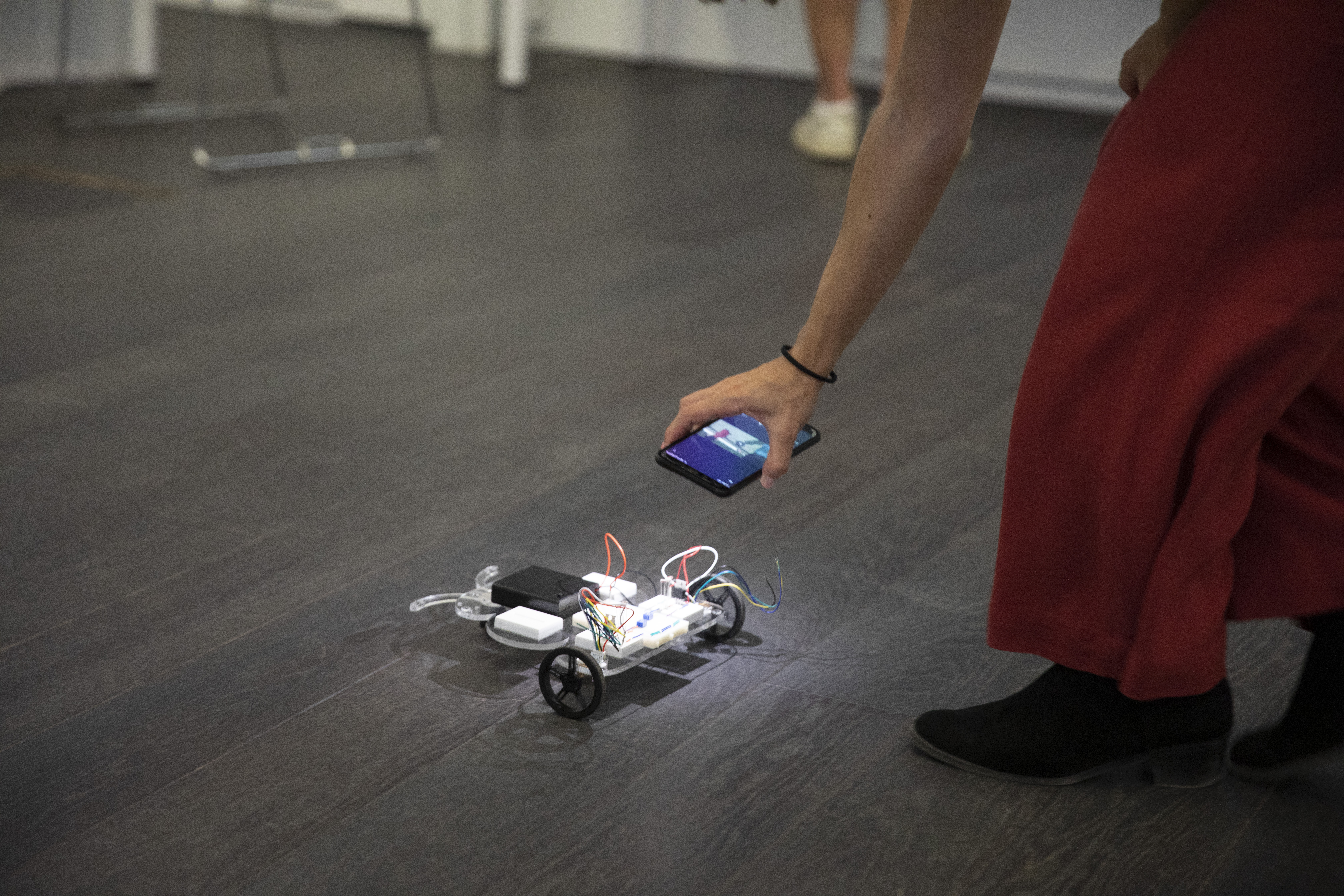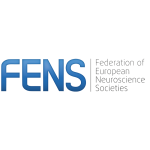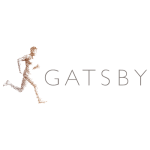Each NeuroKits allows researchers to design and implement their own experimental hardware, and analyse the data recorded. The combination of hands-on and computational skills guarantees a full understanding and the ability to troubleshoot and innovate new technology. The Cajal Programme is currently developing 4 NeuroKits to cover the foundations of experimental neuroscience techniques.
One of the unique features of the NeuroKits is that students receive training on how to analyze their own data acquired by the instruments designed and built during each NeuroKit. For this, each NeuroKit is coupled with its own computational module. These modules span from an introduction to the fundamentals of programming and data analysis, to machine learning and AI tools.

1. Experimental Neuroscience Bootcamp
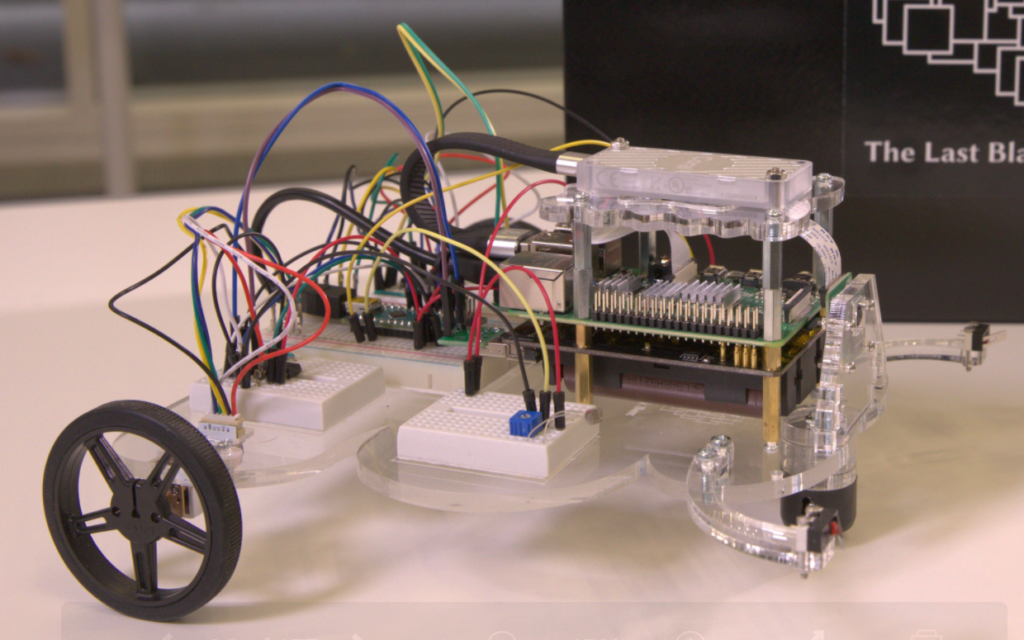
Hardware – After an introduction to computers (hardware, software) you will be able to build your own intelligent robot. A first version of this course has already been developed. You can find more information here about the course.
Software – Introduction to computers: you will learn the fundamentals of programming.
2. Extracellular Electrophysiology Acquisition
Hardware – You will start learn the basics of electrophysiology by building your own EMG, EEG system. A first version of this course has already been developed, see more information here.
Software – Signal Processing: you will receive an introduction to 1-Dimension digital signal analysis.
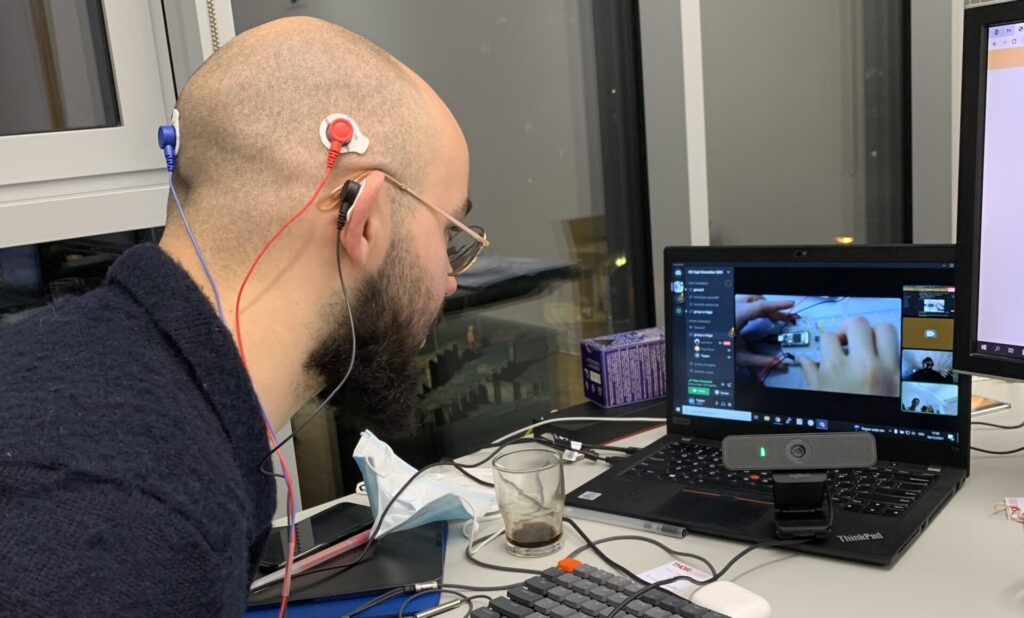
3. Imaging and Optics
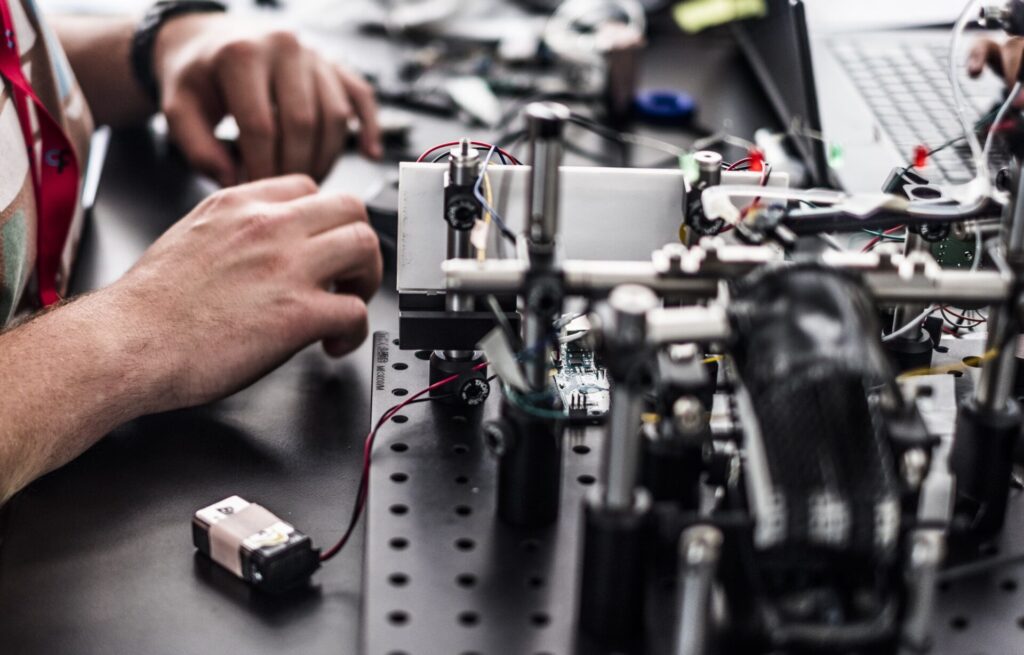
Hardware – You will learn all about essential optical techniques while build a microscope. We are in the process of developing this course, get in touch if you want to help.
Software – Image Processing: you will receive an introduction to 2-Dimension digital image analysis.
4. Behavioural tool and analysis
Hardware – You will learn about modern tools for behaviour assay design while building a psychophysics experiment. We are testing a first version of this course, which is currently split into two courses: Visual reactive programming – bonsai and Modern Approaches to Behavioural Analysis.
Software – Machine learning/AI tools: you will learned modern machine learning methods for neuroscience.
